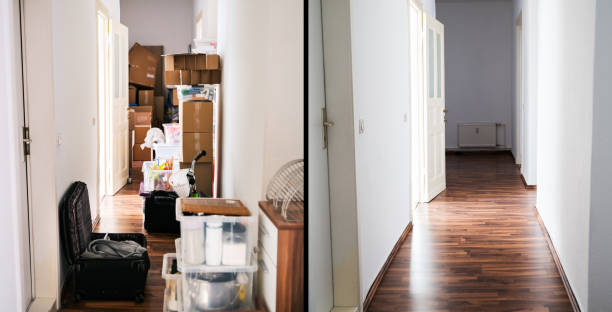
Choose non-toxic, eco-friendly products to keep your home safe. Avoid harsh chemicals like bleach and ammonia. Plant-based cleaners or homemade solutions with vinegar and baking soda are safer options.
Label reading is essential. Look for certifications like "Green Seal" or "EPA Safer Choice." These ensure that products meet safety standards for use around children, especially in nurseries and play areas.
Essential oils like lemon and lavender can be added for fragrance. However, always ensure they are baby-safe and used in moderation. Some essential oils can cause irritation or allergic reactions.
Babies and toddlers touch everything. Clean frequently touched areas like doorknobs, light switches, and crib rails. Use microfiber cloths to trap dust and germs without the need for strong chemicals.
High chairs, play mats, and toys should be wiped daily. Use warm soapy water or vinegar-based solutions. Avoid antibacterial wipes unless labeled safe for infants and toddlers.
Floor cleaning is essential as toddlers crawl often. Use steam mops or damp mops with mild soap. Vacuum with a HEPA filter to remove dust mites, pet hair, and allergens effectively.
Always clean when your baby is not nearby. This avoids exposure to fumes or wet floors. Open windows to improve ventilation and speed up drying, especially after mopping or scrubbing surfaces.
Never mix cleaning products. Combining bleach and ammonia releases harmful fumes. Stick to one cleaning product per task to ensure safety and maintain indoor air quality.
Baby-proof your cleaning routine. Keep all products in locked cabinets, far from little hands. Use child-safe latches on drawers and under-sink storage to avoid accidental ingestion.
Babies breathe faster than adults, so air quality matters. Avoid synthetic air fresheners. Instead, use baking soda to absorb odors or simmer natural herbs like rosemary and mint on the stove.
Invest in an air purifier with a HEPA filter. It helps remove airborne allergens like dust, pollen, and mold spores. Regular filter changes are essential for effective air cleaning.
Houseplants like spider plants and peace lilies can naturally purify air. However, ensure plants are non-toxic and placed out of baby’s reach to prevent soil mess or leaf chewing.
Look for non-toxic, fragrance-free products labeled baby-safe or certified by eco-friendly organizations.
Wipe down toys daily, especially those used during feeding or teething. Deep clean weekly using mild soap and water.
Yes, diluted vinegar is safe and effective. However, it should be used in well-ventilated areas and kept out of reach.
Use only baby-safe oils like lavender in moderation. Avoid peppermint or eucalyptus, which can cause breathing issues in infants.
It’s best to clean when your baby is not present to avoid exposure to fumes or wet, slippery surfaces.